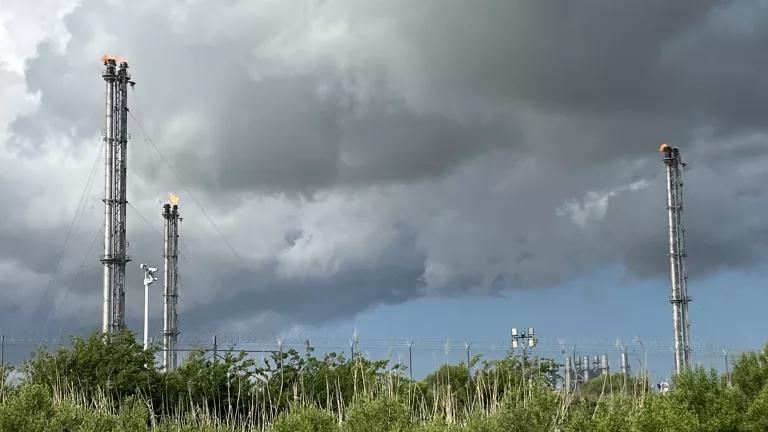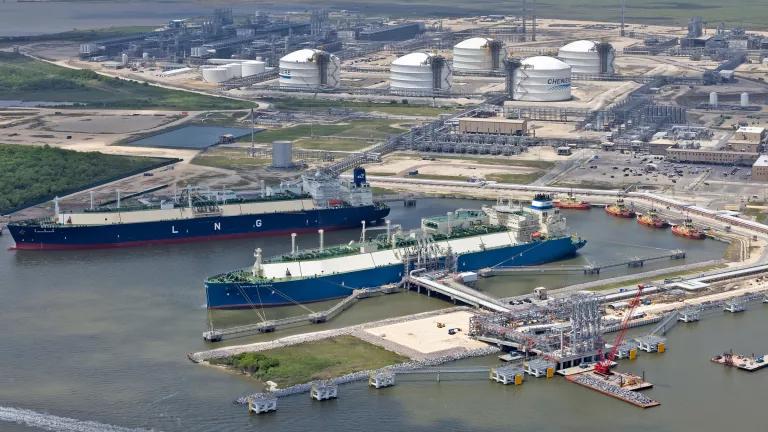Chile
On Monday, President Piñera made major changes to his Cabinet. Among them, the former Minister of both Mining and Energy, Laurence Golborne, became the Minister of Public Works. The former Minister of Public Works, Hernan de Solminihac, became the Minister of Mining. Piñera named Fernando Echeverría as the new Minister of Energy. (El Mercurio 7/18/2011) Just three days later Echeverría quit his new post, citing conflicts of interest that would eventually arise from his former position as the president of the Chilean Chamber of Construction. (El Mercurio 7/21/2011). Following Echeverría’s resignation, Rodrigo Alvarez Zenteno, who had been serving as Under-Secretary of the Treasury was named Minister of Energy. (Electricidad 7/22/2011)
The change in the Presidential Cabinet delayed the vote of the Commission of Ministers on the first of the five coal mines proposed in the Isla Riesgo coal mine project. Minister of Environment Benítez announced that, as three of the participating Ministers were changed, the new officials needed time to inform themselves about the case. Benítez said she will announce the new voting date soon. The Isla Riesgo proposal is a $500 million project in the Southern Magallanes Region that would include five mines producing four-five million tons of coal annually. (Radio BioBio 7/20/2011)
A new regional poll taken in Aysén revealed a significant growth in the number of inhabitants who are against HidroAysén and who do not trust the company’s practices. The President of the Aysén Futuro Foundation, which conducted the survey, stated that the survey was conducted over the past three weeks, and found that 72 percent of Aysén’s residents are against the dams, 12 points more than the last poll taken in May. The number of “Ayseninos” that approved of HidroAysén fell from 31 percent to 26 percent. (El Divisadero 7/18/2011)
Costa Rica
The Executive President of Costa Rica’s national electric company (ICE), Eduardo Doryan, announced his resignation on July 20, 2011 in order to respond to questions regarding his management of the Costa Rican Social Security Administration (CCSS) which he headed from 2006-2010. President Chinchilla appointed Teofilo de la Torre, Minister of Environment, Energy and Telecommunications, to fill Doryan’s position at ICE. The position of minister at MINAET will remain vacant for an unspecified amount of time. (La Nación 7/20/2011)
The proposed Interlínea bus system that aimed to reduce congestion in San Jose by circumventing the downtown area has now been officially halted after years of delays. The Ministry of Public Works and Transportation (MOPT) cited concerns with poorly planned routes and high bus fares as two reasons for abandoning the plan and starting over with a new plan and new routes. MOPT officials have declined to provide a specific launch date for the new Interlínea system. (Tico Times 7/22/2011)
The Las Pailas Geothermal plant in Guanacaste began operation and will generate 35 MW, enough to meet the demand of 370,000 people. The plant was built by ICE, Costa Rica’s national electric company with support from Central American Bank for Economic Integration (BCIE). Currently 8% of Costa Rica’s electricity is generated by geothermal energy. ICE estimates that an additional 237 MW of geothermal power may be available near Rincón de la Vieja and Tenorio. (El Financiero 7/22/2011)
Mexico
The French company Schneider Electric, specializing in energy management services, opened the first parking lot in Mexico City, which will operate from an installation of solar panels. The complex will also supply electricity to the adjoining headquarters of the firm. The investment for this project was of $ 222 thousand (154 thousand Euros). (Renewable Energy Magazine 07/22/11)
Mexico is heading to a new ecological awareness, since the current government’s environmental policy seeks to get to have a zero rate of deforestation by 2020, reported an official source. On Sunday at the National Reforestation Day 2011, Secretary of Environment and Natural Resources (SEMARNAT), Juan Rafael Elvira Quesada, said that today in Mexico, 24 percent of the territory consists of forest and 22 percent tropical forest. This goal needs to be achieved soon since each year, 150 000 hectares of forest are lost from deforestation in Mexico, said the general director of the National Water Commission (Conagua), José Luis Luege Tamargo. Ten years ago the nation had deforestation rates up to 400 000 hectares per year, which has dropped considerably and now the problem is located at 150 hectares, which is not enough because Mexico needs to get to zero, according to the official, interviewed on a property located in the reserve Bosque La Primavera in this location, in the framework of the National Reforestation Day 2011. (Pueblo en línea 07/18/11); (La Prensa 07/18/11)
Regional
Honduras, El Salvador, Guatemala, Nicaragua, Belize, Costa Rica, and Panama agreed to adopt joint positions on climate change and natural disaster risk management during the 37th Meeting of Heads of State and Governments of the Central American Integration System. (Costa Rica Hoy 7/22/2011)
Note: The linked articles and excerpts in this post are provided for informational purposes only and do not necessarily reflect the views or positions of the Natural Resources Defense Council.




